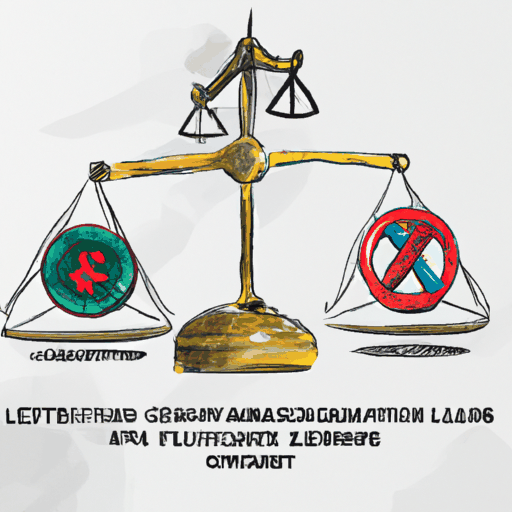
Learn Concept: Challenges Associated with Regulatory Lawsuits in Crypto Firms
By: Eva Baxter
In the fast-paced world of cryptocurrency, organizations must navigate a myriad of challenges, including regulatory lawsuits from bodies like the U.S. Securities and Exchange Commission (SEC). These lawsuits can significantly impact a crypto firm's operations and market reputation.
For instance, when a crypto exchange is accused of operating as an unregistered securities exchange, it faces allegations of refusing customers integral protections like conformity with recordkeeping requirements, safeguards against potential conflicts of interest, and regulatory inspections. Such a lawsuit implies that the crypto exchange may have illicitly mixed customer and corporate funds and even paid operational costs from user accounts.
When ego against such regulatory allegations, organizations often opt to defend their stance, fueling further discord in the industry. They may argue that the charges are baseless and that they do not list securities. In such situations, opinions can be divisive, leading to varying reactions from industry lawyers, members of Congress, and crypto enthusiasts.
Altogether, these legal actions can create turbulence in the crypto environment, deeply impacting the involved companies and the wider crypto community. As such, it is imperative for crypto firms to fully comprehend and comply with the regulatory laws in their jurisdiction to mitigate potential allegations and maintain a stable operational environment.



